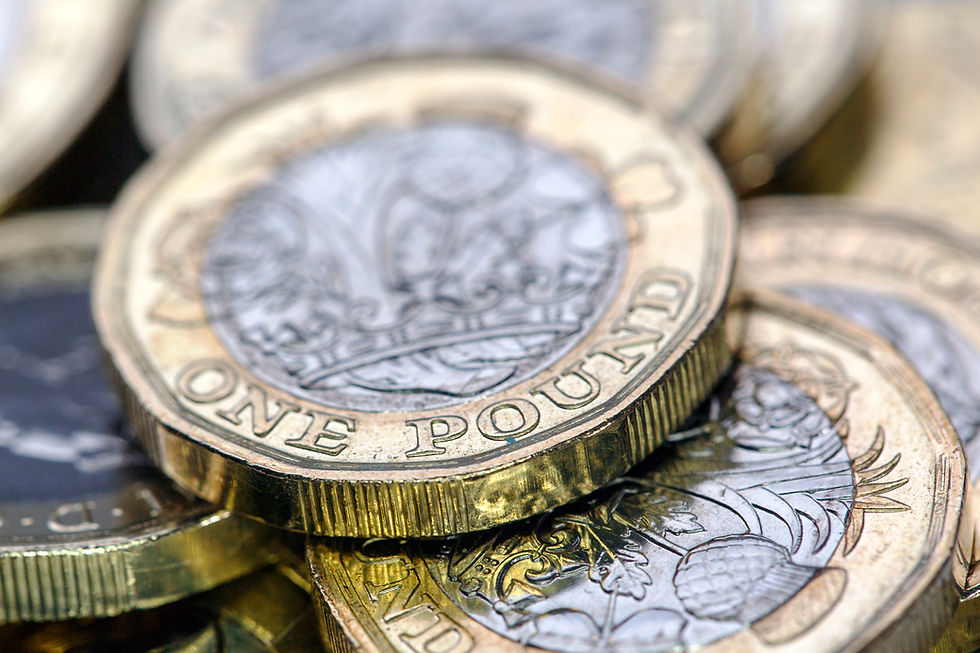The announcement that the maximum rate of capital gains tax will be increased to 24 percent was made by Chancellor Rachel Reeves in the Autumn Budget that was released today.

In the statement that she gave to Parliament, Reeves stated that this indicates that the United Kingdom would continue to have the lowest capital gains tax rate of any European G7 economy. At the moment, higher-rate taxpayers are subject to capital gains tax rates on profits that are greater than three thousand pounds, with charges of twenty percent for the majority of assets and twenty-four percent for residential property. 10 percent and 18 percent, respectively, are the taxes that taxpayers who pay the basic rate pay.
Currently, the government is planning to raise the lower rate of capital gains tax from ten percent to eighteen percent, while simultaneously increasing the higher rate from twenty percent to twenty-four percent. The thresholds for residential properties will not be altered in any way or form.
Myron Jobson, a senior personal finance analyst at Interactive Investor, stated that the "change to the capital gains tax regime was a thinly veiled secret that has finally come to fruition after months of intense speculation." This revelation came about after months of intense anticipation.
Despite the fact that the modification will assist the government in filling the multi-billion pound black hole, it may prove to be a significant source of frustration for prospective investors. In addition, Reeves stated that the government would keep the lifetime limit for business asset disposal relief at one million pounds "in order to encourage entrepreneurs to invest in their businesses."
There were rumors going around that the Chancellor would be increasing the level of capital gains tax to correspond with income tax. This would result in the rate for basic-rate taxpayers being doubled to twenty percent, and higher-rate taxpayers having to fork out forty percent of their income.
It is well known that Nigel Lawson, while serving as Chancellor under Margaret Thatcher, brought the two tax rates into alignment, stating that there was "little economic difference" between them. Nevertheless, a minister of the Treasury refuted the rumors that the alignment would take place in the run-up to the Budget. He stated that the potential jump was something that he "completely didn't recognize," and Prime Minister Keir Starmer stated that it was "pretty wide of the mark."
Instead, Reeves has chosen to take a more lenient approach, which involves increasing the cap to twenty-four percent. According to Kathleen Brooks, who is the research director at XTB, "This is a lot less than expected, and the pound is picking up on the back of this." It is also good news for equities in the United Kingdom, because it removes a significant amount of uncertainty that was driving share sales.
Sarah Coles, who is the head of personal finance at Hargreaves Lansdown, stated that despite the fact that it "could have been worse, with suggestions of a doubling of the rate," she still considered it to be a "blow for investors."
"This does not just affect those who are hit with a much larger bill; it also makes investment less attractive for newcomers who don't want to have to get to grips with a new tax risk," she added. "This causes a ripple effect through the entire economy."
The United Kingdom's capital gains tax rate remains among the lowest in Europe, with just a few nations in the Organization for Economic Co-operation and Development (OECD) surpassing it. These countries include Greece (15 percent) and Slovakia (19 percent).
33 percent is the rate that is applied in Ireland, while 34 percent is the percentage that is applied in France on high incomes.